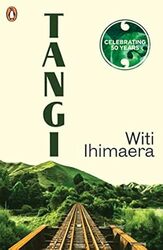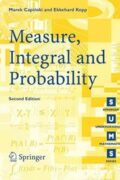
Rating: 7.6/10.
A notable New Zealand novel, published in 1973, it is one of the first novels by a Maori writer. It describes a tangi (a funeral), and there is not much plot in the novel, instead it follows the protagonist as he discovers his father has died, prompting him to return to his home in rural Gisborne. Throughout the journey, he recalls memories from his childhood and his experiences growing up with his parents and family. Simultaneously, in the present day, they conduct the funeral with neighbors and extended relatives and bury his father before everyone returns to the living. It is a deeply spiritual journey, with many poems and phrases in the Maori language. The memories describe a childhood that was quite poor: as a child, his family did not have a fixed address, and his father would travel around the countryside looking for work, with the family following. Eventually, they settled down, and the protagonist attended school with the Pakeha (white people), managing to fit in reasonably well. He eventually left his family farm to work at an office job in Wellington and rarely returned, which is a source of guilt for him. The whanau (extended family) gathers together for the funeral, and the story ends with his father buried in the ground. Overall, the book has a nonlinear story and gives a view into the culture of the Maori people and life in New Zealand during the period from the 1950s-70s.



